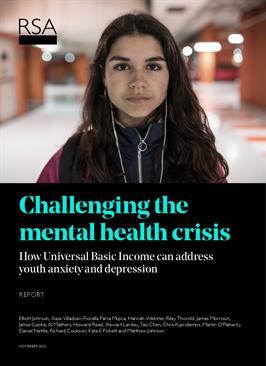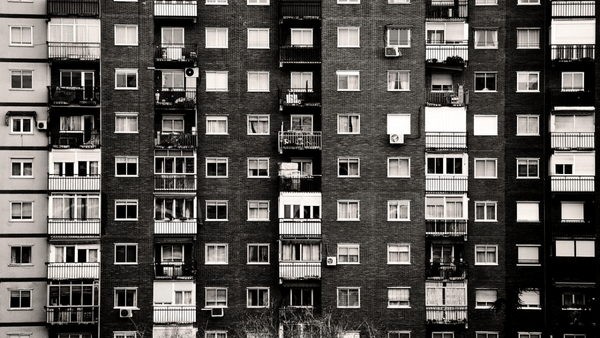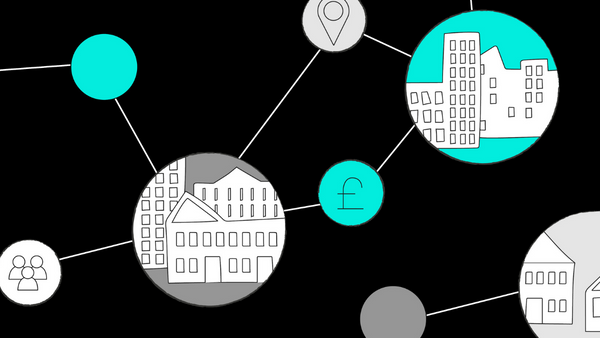We live in an age of crisis. Increasingly, there is understanding that the bases of our crises are material in nature: financial insecurity, poverty and inequality.
The cost of living crisis is hitting Britain at the worst possible time since World War II. The global financial crisis (GFC), austerity, Brexit and the pandemic have all reduced Britain’s economic, social and health resilience. National institutions and services are under unprecedented pressure and an increasing number of those in work are now also in poverty – a proportion that will increase significantly as a result of the cost of fuel.
Alongside this, there is a crisis in mental health among young people.
- Between 1995 and 2014, the proportion of 16-24-year-olds in England reporting a longstanding mental health condition increased almost tenfold.
- Reported rates of self-harm (5.3 percent to 13.7 percent) and attempted suicide (1.3 percent to 2.2 percent) also from 2000 to 2014 among 16-24s in the same surveys.
The consequences are a generation of young people affected by potentially avoidable forms of mental health problems while healthcare and public services become stretched to the point of breaking.
- In England alone, there were 420,314 open referrals to child and adolescent mental health services (CAMHS) in February 2022, a 54 percent increase since the same month in 2020.
The trends are similar in Wales and Scotland and there is no sign of the crisis abating.
pdf 3.4 MB
But I have been anxious quite a bit about money. Like in the future, am I going to be able to like, buy a house or have a comfortable lifestyle? If stuff goes downhill majorly it’s a big thing to be anxious about, in my opinion.
While policy has often understandably focused on improving coping strategies and increasing the efficiency of services, interest is growing in addressing the social drivers of anxiety and depression. A large body of evidence indicates that those health conditions are strongly affected by social determinants:
- Income
- Wealth
- Education
- Social capital
- Opportunity
Given the government’s prevention agenda, policymakers are increasingly examining the role of cash interventions to avoid illness in the first place. While some GPs have called for cash prescriptions, a range of organisations, health bodies, community groups and politicians have called for trials of Universal Basic Income: a largely unconditional, regular payment to all adult permanent residents to support people’s basic needs.
Read about our findings and recommendations by downloading the report below.
Download the Challenging the mental health crisis report (PDF, 3.4 MB)
This work was funded by the Wellcome Trust as part of a project entitled Assessing the prospective impacts of Universal Basic Income (UBI) on anxiety and depression among 14-24-year-olds. This serves as a pilot study for our much broader, long-term examination of the role of Universal Basic Income as a public health measure.
The project commenced in August 2021 and has led to a number of articles either published or under review and two reports published by Compass. In July we published an interim report with the available findings at that point and this publication serves as the final project report.
Related economic security work
-
Poor country, rich minority: why young people need a basic income
Blog
Matthew Johnson Elliott Johnson
A universal basic income can alleviate anxiety and depression in young people. Elliott and Matthew Johnson of Northumbria University explore the benefits this kind of economic security can deliver.
-
Young people's take on their economic security
Blog
Toby Murray Hannah Webster
The RSA’s research into young people’s economic security has found that 47% are financially precarious. Whilst this figure is stark, the ‘Age of Insecurity’ report shows the reality for young people is even starker.
-
Age of insecurity
Report
Toby Murray Hannah Webster
47 percent of young people are financially precarious, with certain groups facing even greater levels. This research investigates the stories behind these numbers.








